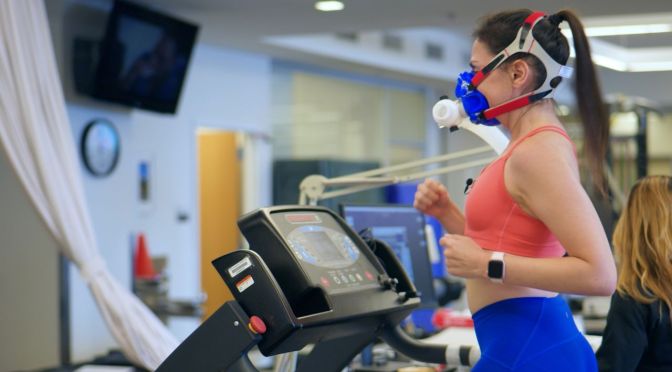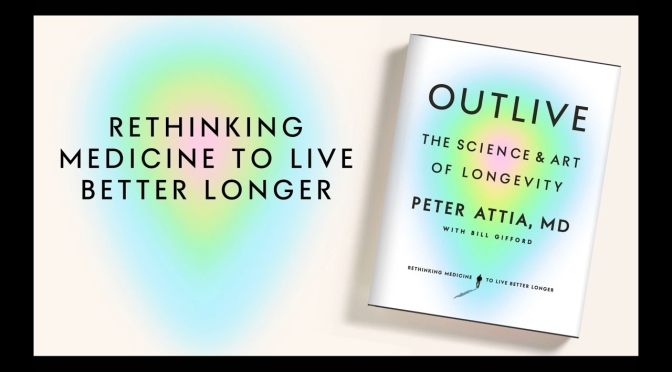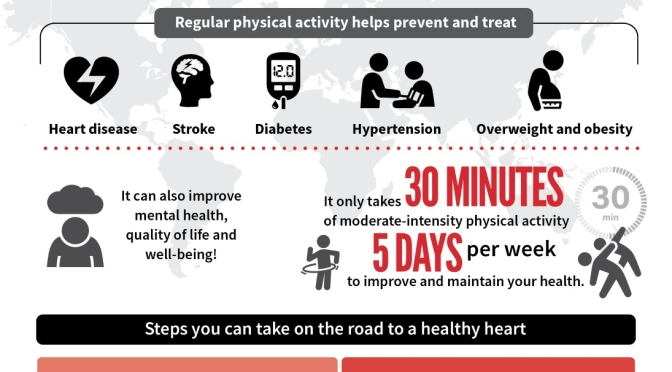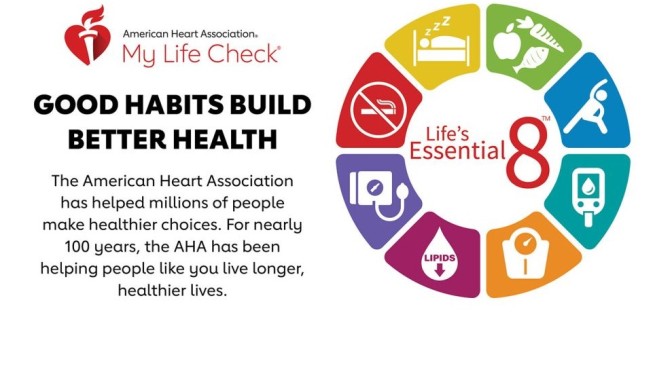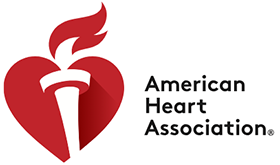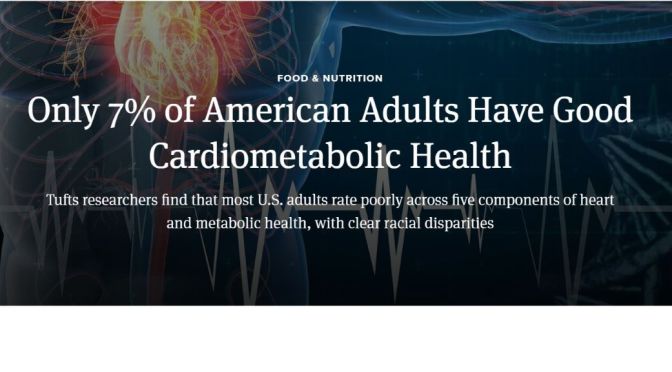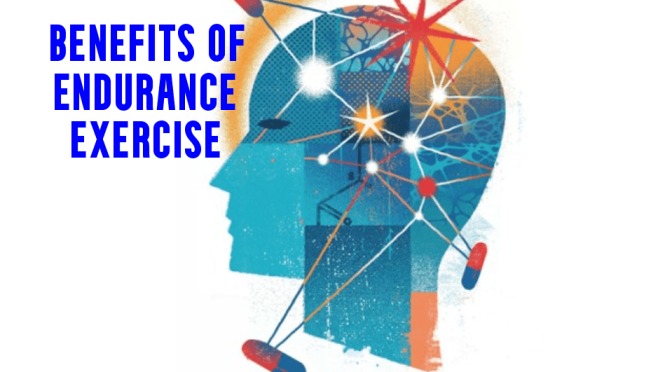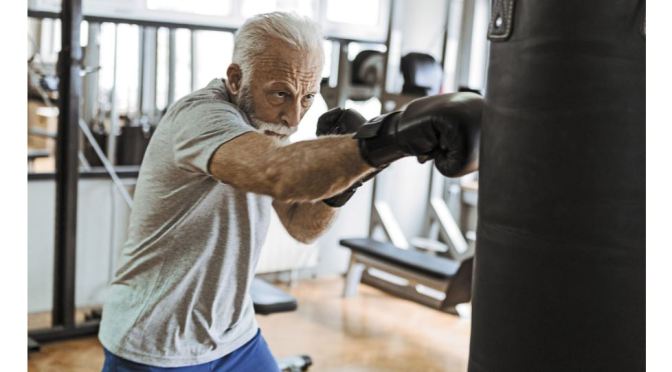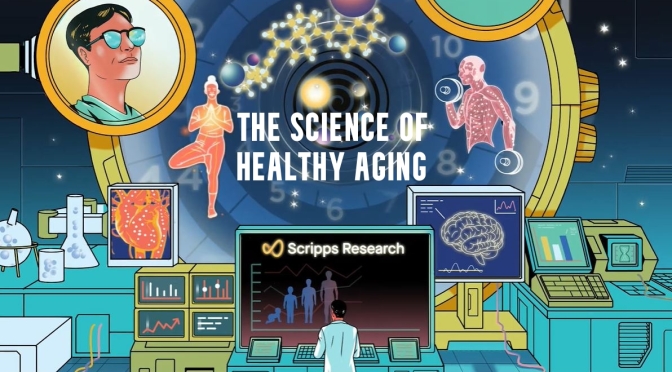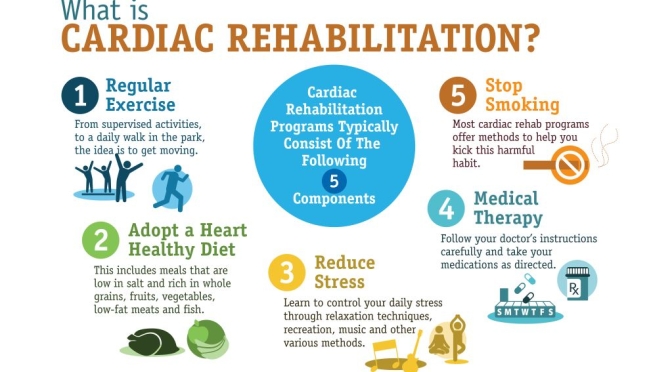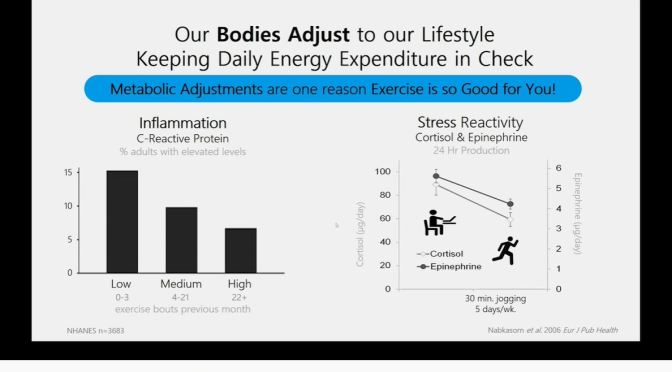Daniela Hernandez | WSJ (September 14, 2023) – Research shows that moderate amounts of physical stress can help your body stay healthier for longer.
Video timeline: 0:00 Stress exercise 0:38 Baseline longevity test 2:41 Training 3:17 The results 4:59 What can you do about it?
That’s why longevity hacks, like intermittent fasting and ice baths, are blowing up on social media. I put myself through a strenuous 10-day workout plan to learn why and how the most active form of stress–exercise–is actually your best bet for a longer, healthier life.

